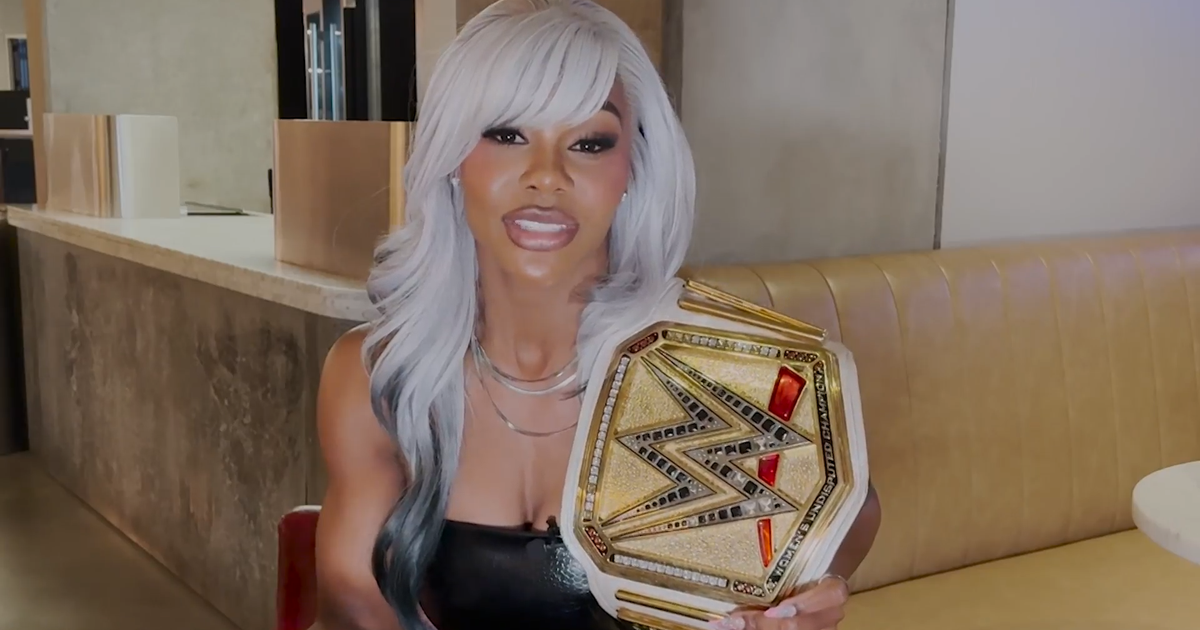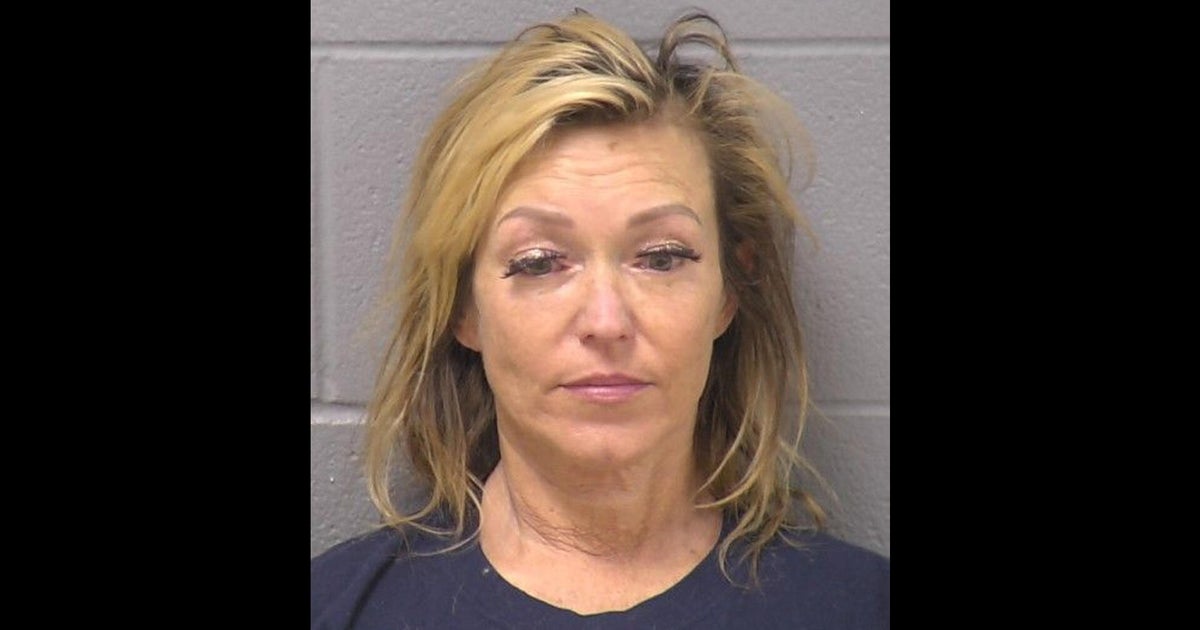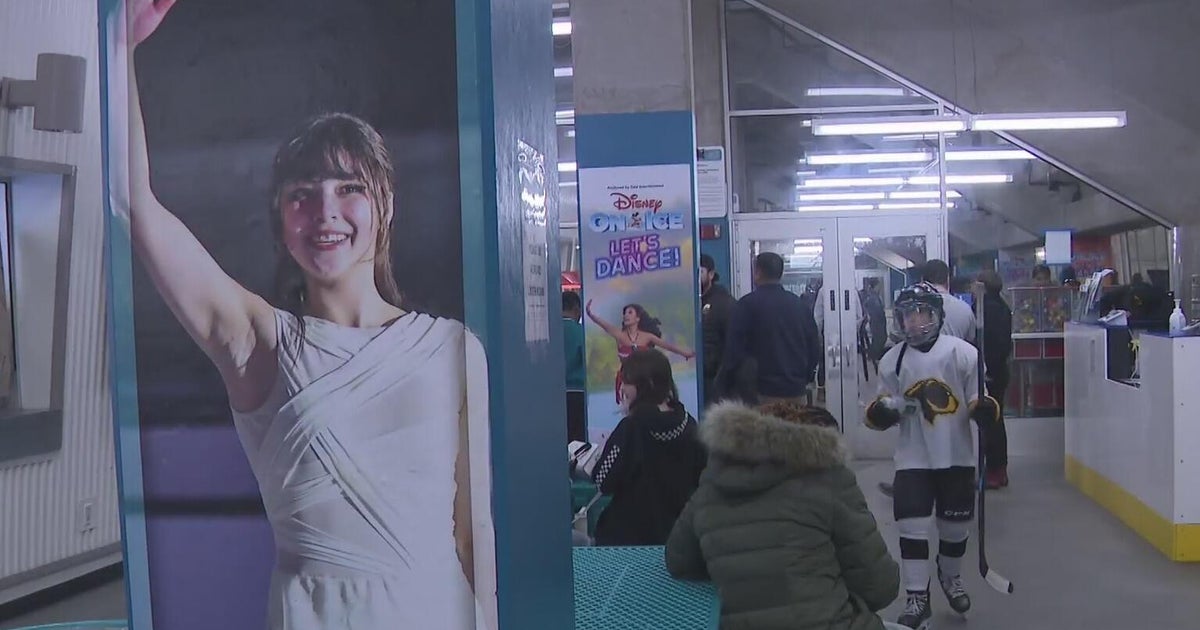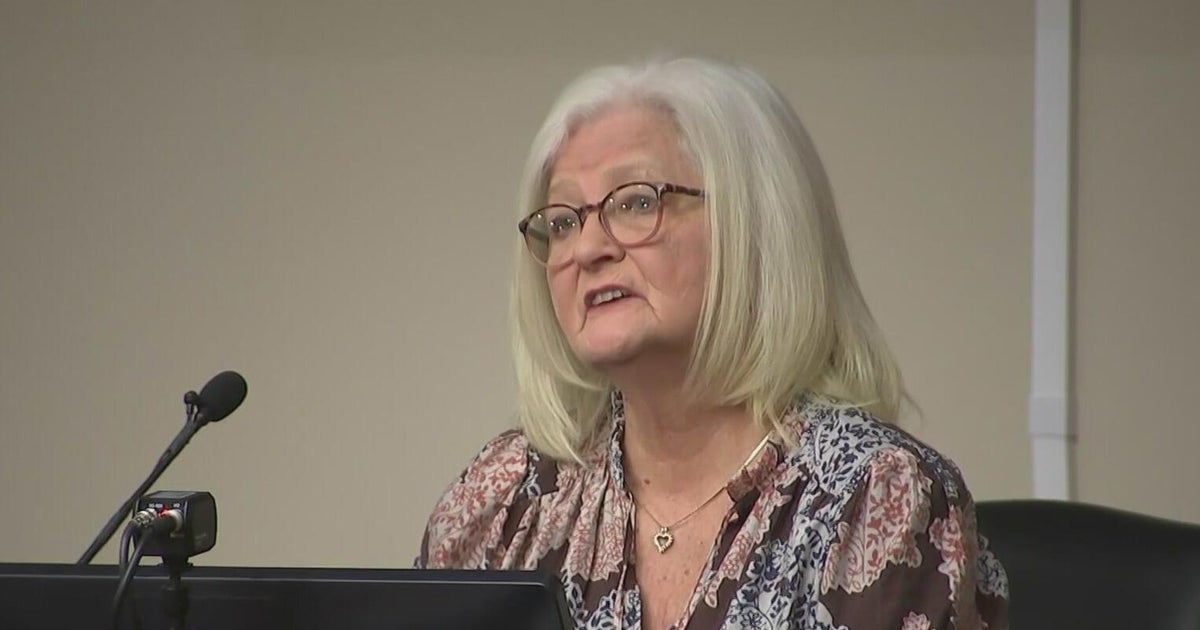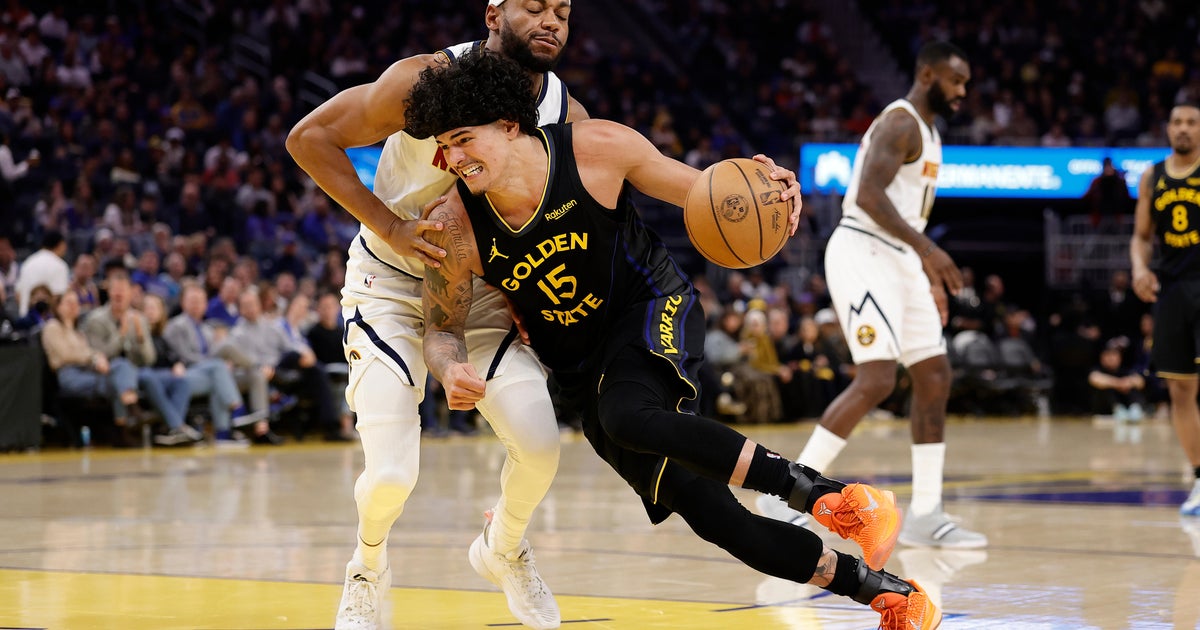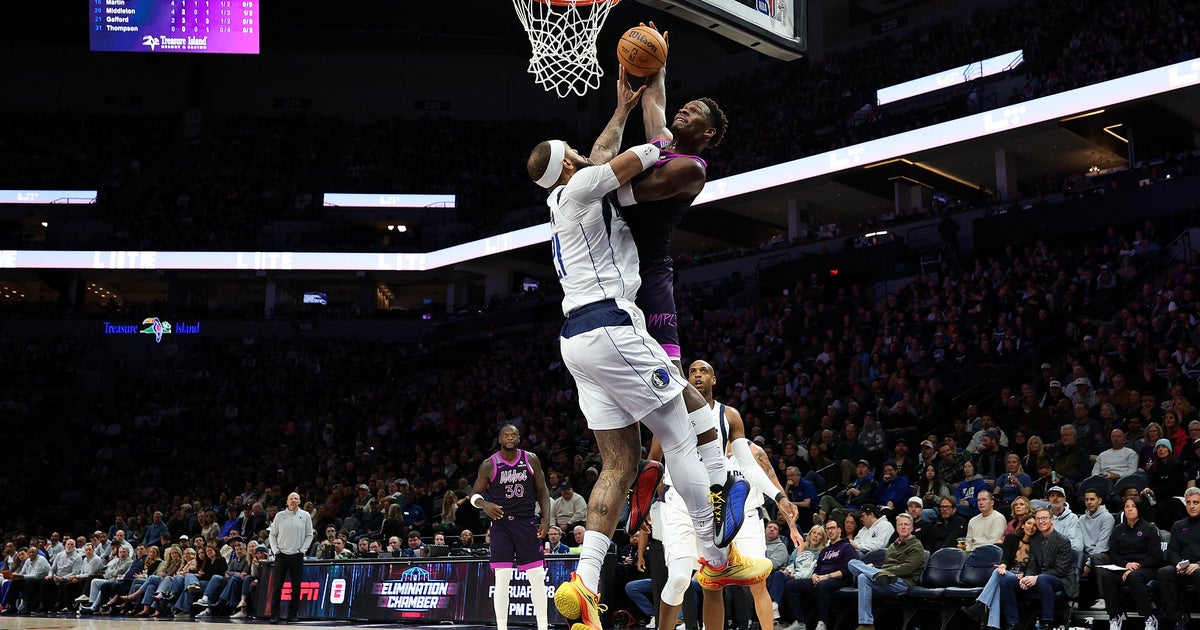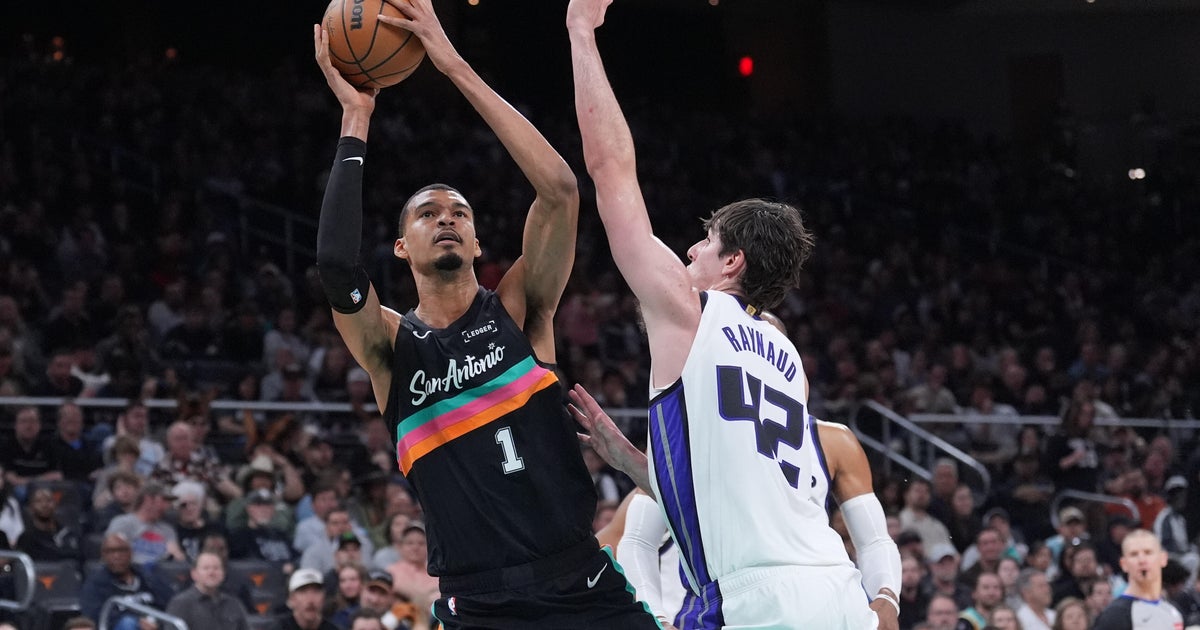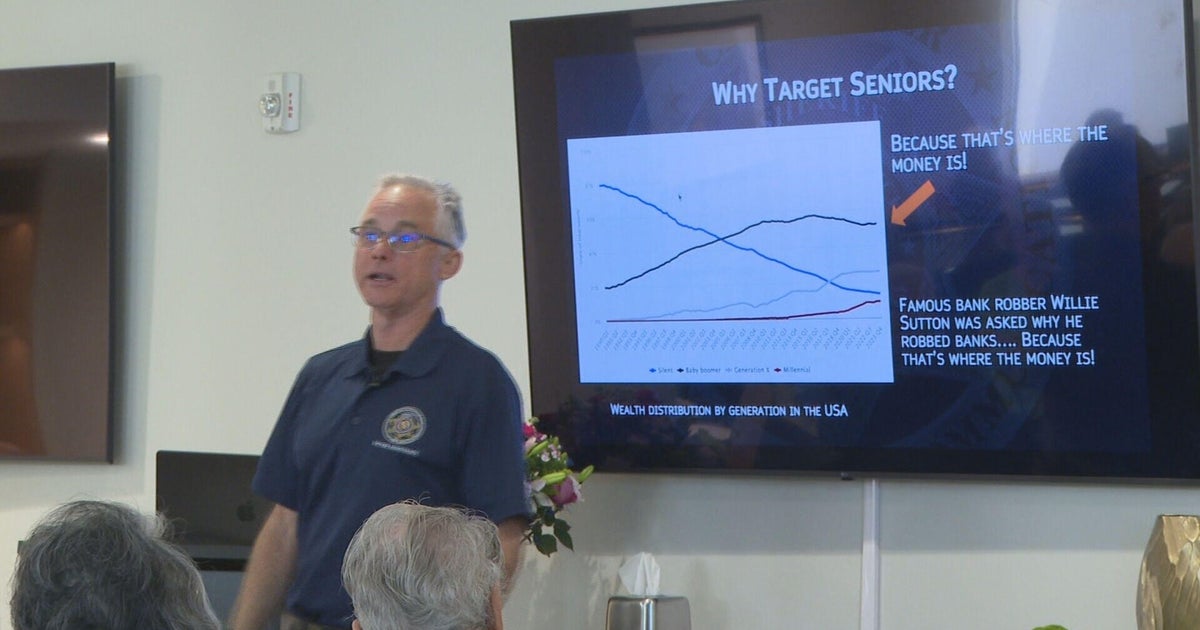Bonds' Friend Saw Trainer Leave With Syringe
Barry Bonds' perjury trial began this week and a key witness said he saw a syringe in the hand of Bonds' trainer, indicating Bonds had just taken performance enhancing drugs.
A key government witness in the Barry Bonds perjury trial testified Wednesday that he saw the home run king's personal trainer leave Bonds' bedroom at spring training with a syringe in 2000.
Steve Hoskins said that when he saw Bonds and his personal trainer, Greg Anderson, coming out of the master bedroom he assumed Anderson had injected the star player with steroids. He testified that he saw the two disappear into that room "once or twice" at each spring training over three consecutive years beginning in 2000.
He also told the jury of eight women and four men that, a year earlier, Bonds had ordered him to research the benefits and side effects of a steroid after the slugger had undergone elbow surgery.
Hoskins was a childhood friend of Bonds' and traveled with him as an assistant until 2003. Hoskins testified that Bonds' significant weight gain concerned him so much that he secretly recorded a conversation with Anderson about steroids so he could convince Bonds' father, Bobby Bonds, that his son was using the drugs.
Bobby Bonds, a former baseball star himself, was suffering from cancer in 2003. Hoskins said he made the recording in front of Barry Bonds' locker in March of that year "to show Bobby actually what really was going on."
"That was the only way to prove it to him," Hoskins said.
Portions of that recording were played for the jury in federal court Wednesday afternoon.
At one point on the recording, Anderson is heard discussing what prosecutors allege are designer steroids he supplied to Bonds. Says Anderson: "But the whole thing is ... everything that I've been doing at this point, it's all undetectable."
Soon after the material was played for the jury, Bonds' attorney Allen Ruby went to work trying to erode Hoskins' credibility. Ruby accused Hoskins of planning to extort Bonds after the player severed business ties with Hoskins during a March 27, 2003, meeting. Bonds accused Hoskins of forging his name on memorabilia.
Under cross examination, Hoskins said he did sign Bonds' name on occasion - but only with Bonds' permission. Hoskins also said he secretly recorded conversations with Bonds' doctor and business lawyer. Hoskins said his recording of Dr. Arthur Ting was made in late 2003 or 2004, in hopes of dissuading Bonds from using steroids.
"I was trying to tell Barry how bad the steroids and drugs actually were," Hoskins said. "I was trying to convey to him from Dr. Ting and others how bad they were."
Hoskins denied he was planning to extort Bonds with the Ting recording - after Ruby pointed out that Bonds and Hoskins had parted ways as business partners by the time of the recording and weren't getting along.
"I would want to help Barry then and would want to help Barry now," Hoskins said, noting he has since lost the recording of Ting.
Hoskins also said he recorded a spring 2003 conversation he had with Laura Enos, Bonds' business lawyer, to protect himself. Enos was at the meeting where Hoskins signed a document severing his business ties with Bonds.
In Wednesday morning testimony, Hoskins said he initially served as a kind of valet when Bonds began playing with the San Francisco Giants in 1993, lugging equipment to the ballpark and running personal errands for the slugger.
Under questioning from federal prosecutor Matt Parrella, a jittery Hoskins testified that in 1999 Bonds ordered him to look at the pros and cons of the steroid Winstrol.
"He said 'find out what this steroid does and what the side effects are and is it good or bad,"' Hoskins said. Bonds told him to consult Ting, Bonds' personal surgeon who is also scheduled to testify for the government.
The order came after Bonds had elbow surgery early that season, which caused him to miss seven weeks.
Bonds, the all-time major league leader in home runs with 762, is accused of four counts of lying to a federal grand jury and one of obstructing justice for testifying in 2003 that never knowingly took performance-enhancing drugs.
In opening statements Tuesday, Bonds' lead attorney acknowledged that Bonds did indeed take steroids but claimed that Anderson misled him about what the substances were.
Hoskins also testified that he occasionally gave cash payments in the thousands of dollars to two women Bonds was dating during his playing days with the Giants.
Hoskins said he also paid Anderson on behalf of the player. Prosecutors allege that the trainer supplied Bonds with performance-enhancing drugs.
Hoskins was called after the government's lead sports doping investigator, Jeff Novitzky, finished testifying on the third day of trial.
Copyright 2011 by STATS LLC and The Associated Press. Any commercial use or distribution without the express written consent of STATS LLC and The Associated Press is strictly prohibited.
